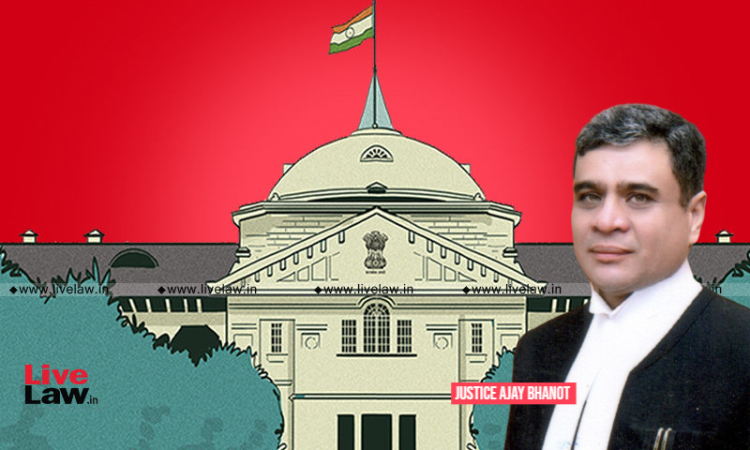Students Should Be Given Opportunity To Reform, Instead Of Punitive Punishment: Allahabad High Court
Upasna Agrawal
4 Aug 2023 5:37 PM IST

Next Story
4 Aug 2023 5:37 PM IST
The Allahabad High Court has held that purely punitive actions should not be taken by universities against students. Students are young adults who must be given an opportunity of reformation, it said. “Purely punitive action was taken by the University against the petitioner, to the exclusion of opportunities to reform his conduct, explore possibilities of excellence and redeem his...
